Fun fact: A study by Forbes contributor, Dan Schawbel, has found that if you are in the millennial generation (early 1980s to early 2000s), your chances of finding a job are higher if you have no college degree whatsoever than if you have a liberal arts degree. If you don't believe me, go read this article right here.
Not-so-fun opinion: That is the most upsetting and infuriating fact I, as an English major, have ever heard in my life.
When I finally made the decision on what major I wanted, I was ecstatic. Never in my life have I ever been so sure of what I wanted. I loved to read and I loved to write, so it just seemed like a natural thing to want to do for the rest of my life. I didn't see anything wrong with wanting to work for a publishing company editing papers all day or someday writing a best-selling novel or becoming an English teacher like those who inspired me. The only thing on my mind was how ready I was to begin starting this part of my life.
Then, one day, someone actually laughed at me over my degree choice.
My first reactions were anger and then confusion. I didn't see anything wrong with it, so why would it be horrible? It was then that I actually discovered all of the liberal arts memes and jokes that inspired this mindset. For example;
And of course my favorite so far;
Isn't that just so encouraging to those studying to get liberal arts and fine arts degrees?
My first instinct was to look up the actual definition of a liberal arts degree. According to mycollegeguide.org, a liberal arts degree includes the following; the arts, humanities (the study of the human condition), social sciences, mathematics and natural sciences. Some of the more common majors of liberal arts degree recipients are anthropology, communication, English, history, language and linguistics, philosophy, political science, math, psychology and sociology. So, to me, that's a pretty long list of majors that includes many different types of people.
When I tell people I am an English major, usually the first question I'm asked is, "Oh, so you're going to be a teacher, right?" And even though teaching is a possibility, and I highly respect those going into education, I don't really see myself teaching. "But what else can you do with an English degree?!" they cry and start to assume that my life will be filled with nothingness and going from minimum wage job to minimum wage job. But the truth is, a general English degree is pretty versatile. I can work in publishing, marketing, journalism, writing, public relations, sales, communication jobs, the list goes on and on.
So when people tell me that an English major is a bad choice, I respond with a laugh. What's bad about choosing to do what you love? And why does anyone's opinion on what I should major in matter? I'm the one who will take advanced writing classes and Shakespeare literature courses. Why does it matter to you, the one not taking the classes or obtaining the degree, what I chose to do with my life?
It's sad that more people don't appreciate liberal arts degrees. Where would the world be without language or politics or history? These are subjects mandatorily taught to us in high school, so why is it considered a bad choice to continue on learning them?
I keep hoping that one day, when I tell someone I'm an English major, they will be genuinely happy that I'm following my dream and not automatically worry about my future. But until that day, I will advocate for liberal arts degrees until we get the respect we deserve.
Bottom line for today's article; get a degree that makes you happy and laugh in the faces of those who oppose you.




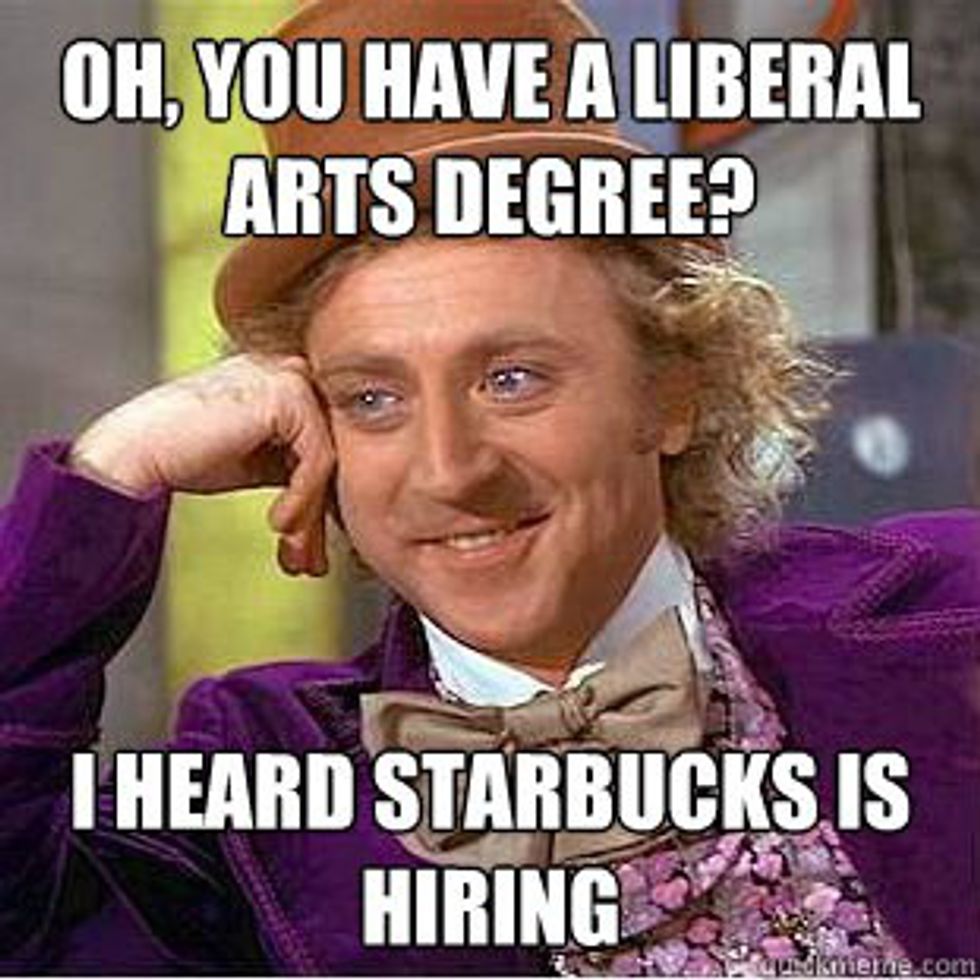
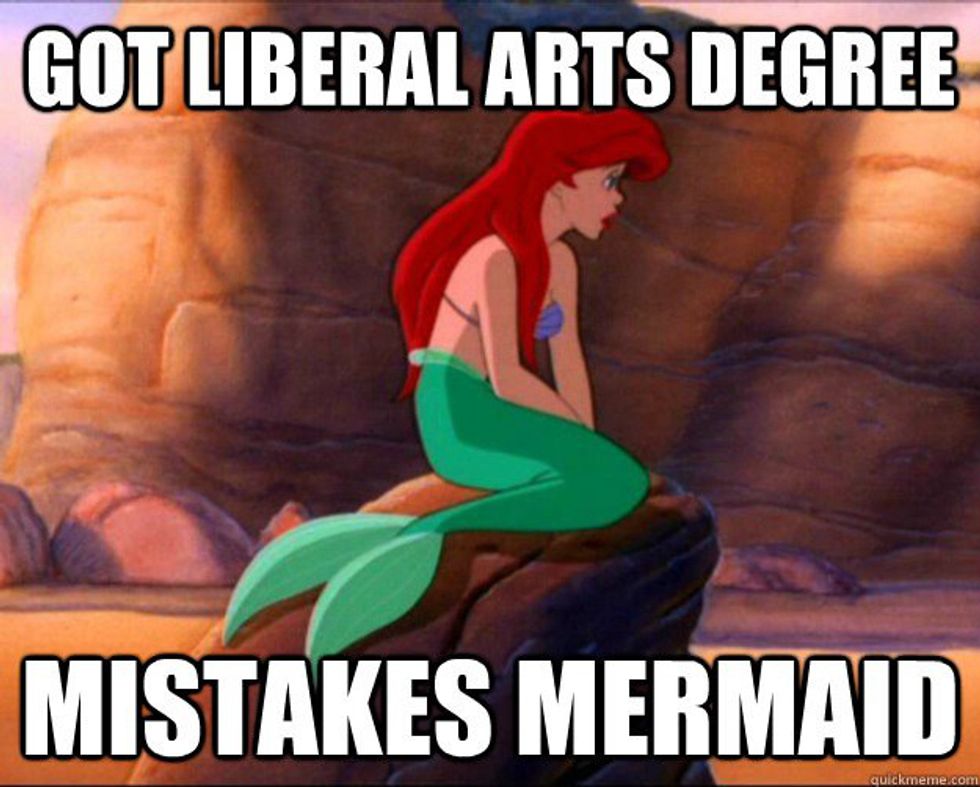
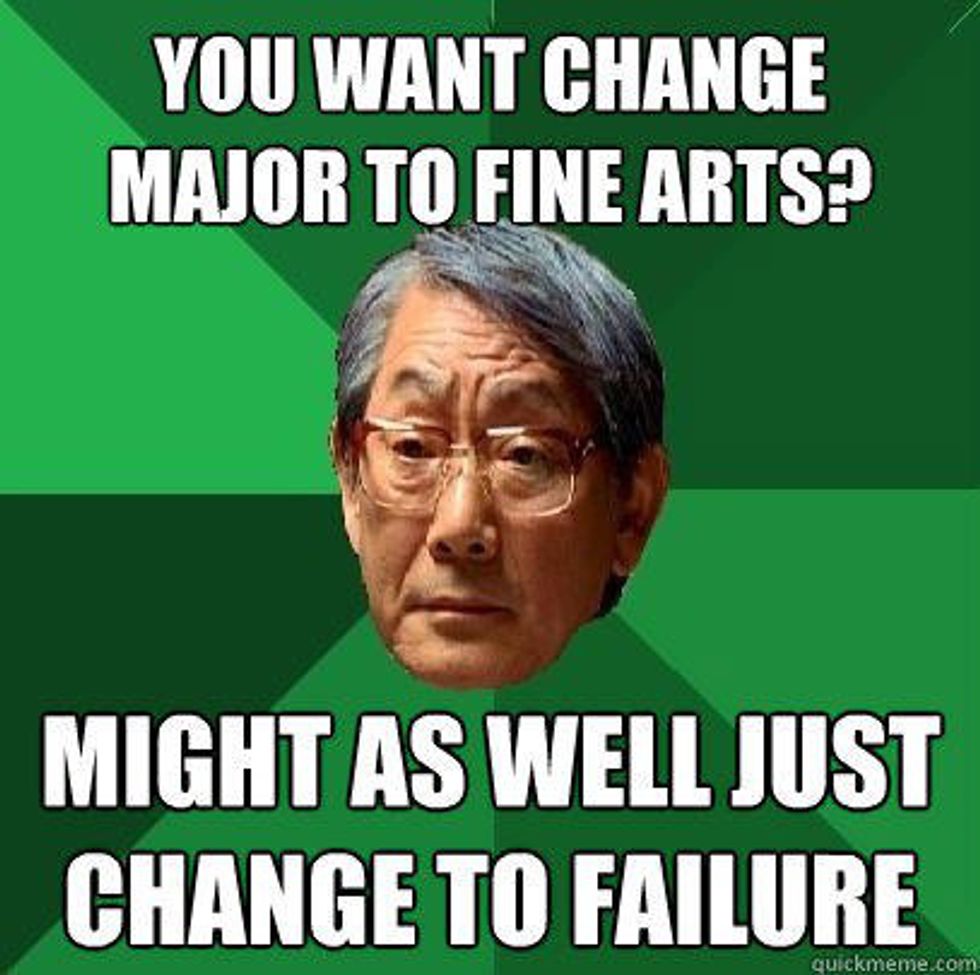



 man running in forestPhoto by
man running in forestPhoto by 


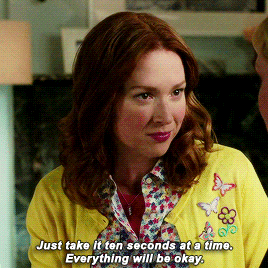


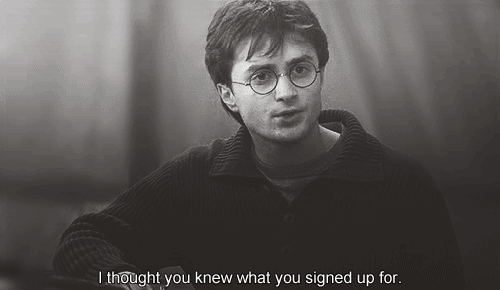 "I thought you knew what you signed up for."
"I thought you knew what you signed up for." man and woman in bathtub
Photo by
man and woman in bathtub
Photo by  four women sitting on black steel bench during daytime
Photo by
four women sitting on black steel bench during daytime
Photo by 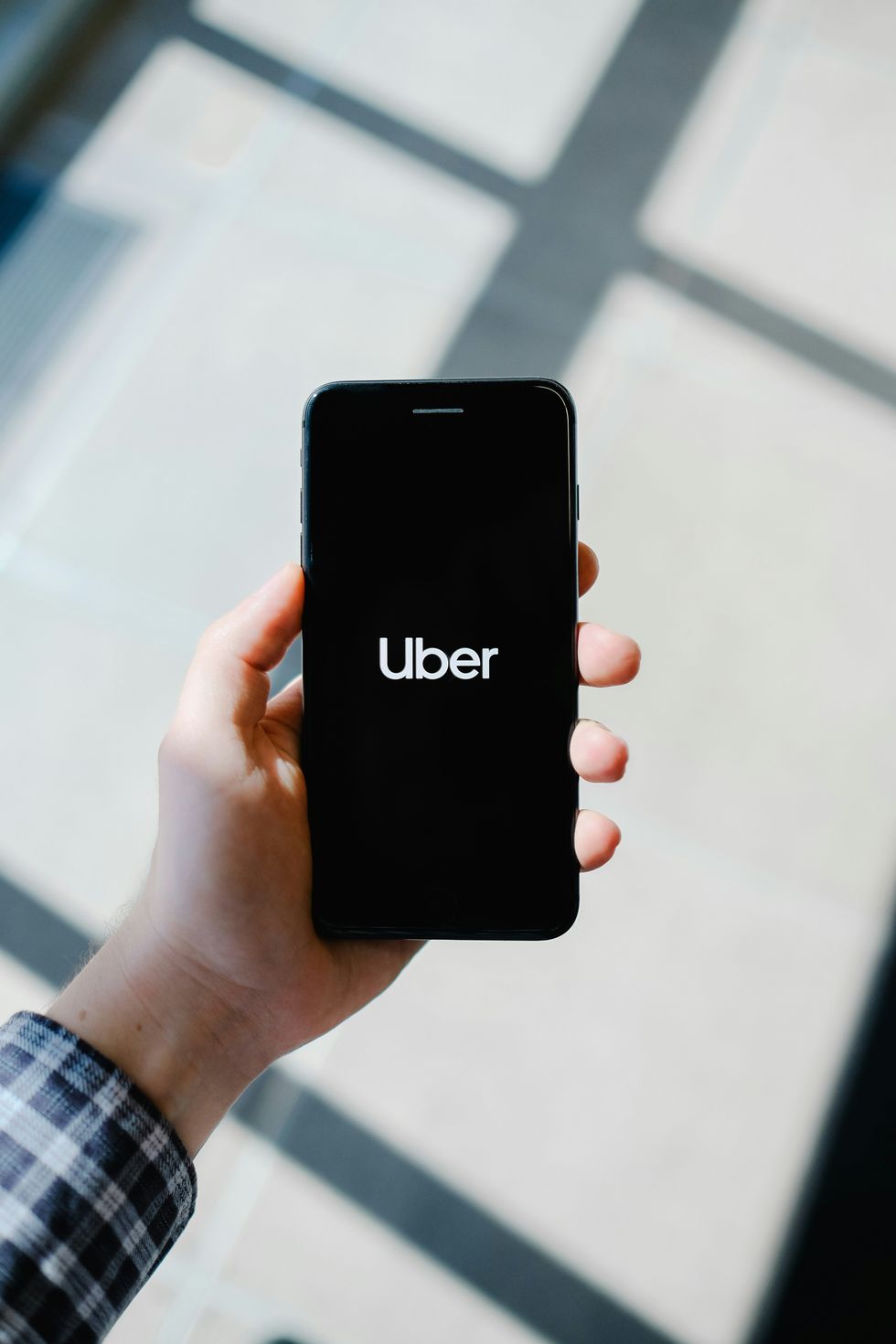 Uber app ready to ride on a smartphone.
Photo by
Uber app ready to ride on a smartphone.
Photo by  woman in red tank top and blue denim shorts standing beside woman in black tank top
Photo by
woman in red tank top and blue denim shorts standing beside woman in black tank top
Photo by 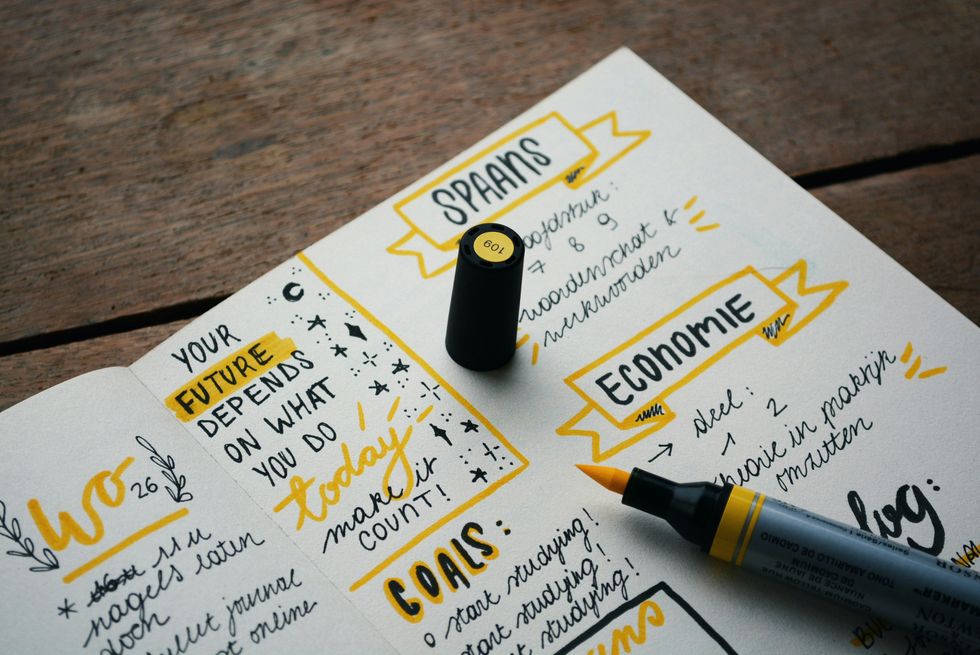 blue marker on white printer paper
Photo by
blue marker on white printer paper
Photo by  welcome signage on focus photography
Photo by
welcome signage on focus photography
Photo by  woman in white and black striped long sleeve shirt lying on bed
Photo by
woman in white and black striped long sleeve shirt lying on bed
Photo by  pink pig coin bank on brown wooden table
Photo by
pink pig coin bank on brown wooden table
Photo by  person holding iPhone 6 turned on
Photo by
person holding iPhone 6 turned on
Photo by  person holding pencil near laptop computer
Photo by
person holding pencil near laptop computer
Photo by  person slicing vegetable
Photo by
person slicing vegetable
Photo by 








